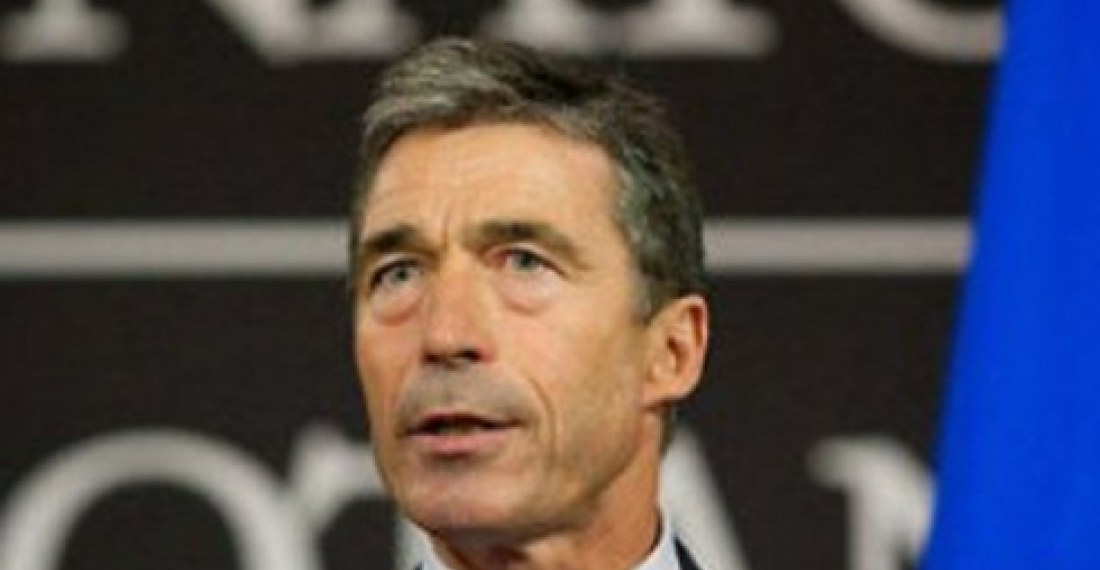The Secretary General of NATO Anders Fogh Rasmussen will visit the South Caucasus next week. He will arrive in Armenia on 5th September and will afterwards also visit Azerbaijan. Anders Fogh Rasmussen met the three leaders of the South Caucasus countries, Armenia, Azerbaijan and Georgia, when they visited NATO headquarters in Brusselsearlier this year.
Commonspace.eu political editor said in a comment that "the visit of the NATO chief to the South Caucasus is a sign of the continued interest of the western alliance in the Caucasus and in its future. NATO has helped the three countries with important military reforms in the last years.
The three couintries have a different approach to the alliance. Georgia wants immediate membership, Armenia has dismissed membership because it is a member of another alliance - the CSTO, whilst Azerbaijan has sought good relations with NATO but has not expressed any desire for membership. It is not a member of any other alliance either.
Despite these differences all three countries value their relations with NATO and will seek to develop them during the visit. The complicated relationship between the three countries however creates some obstacles to this co-operation, and initiatives such as NATO has taken in support of the Baltic states, are not possible in the South Caucasus in the current circumstances."
source: commonspace.eu







